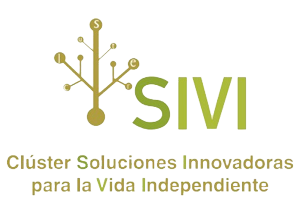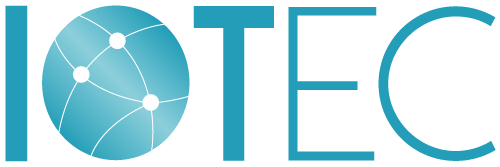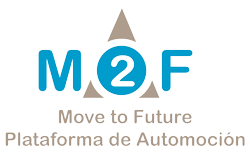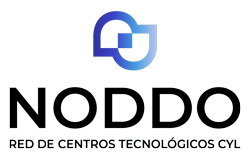From AIR Institute the commitment is firm and constant with the Corporate Social Responsibility. Thus, at all times we monitor that the companies with which we develop our activity comply, among others, with the Ten Principles of the Global Compact derived from the United Nations declarations on human rights, labour, the environment and anti-corruption.
- Businesses should support and respect the protection of internationally proclaimed human rights.
- Businesses should make sure that they are not complicit in human rights abuses.
- Businesses should uphold the freedom of association and recognize collective negotiation.
- Businesses should support the elimination of all forms of forced and compulsory labour.
- Businesses should support the elimination of child labour.
- Businesses should uphold the elimination of discrimination in respect of employment.
- Businesses should support a precautionary approach to environmental challenges.
- Businesses should encourage initiatives to promote greater environmental responsibility.
- Businesses should encourage the development of environmentally friendly technologies.
- Businesses should work against corruption in all its forms, including extortion and bribery.
Reconciliation, integration and labour relations
AIR Institute is committed to the integration of working life with personal life as a basic priority because of its impact on the working environment and on attracting and retaining talent. The aim is to make the incorporation to the AIR Institute aspirational as a particularly attractive AIR Institute for all the professionals of the sector. A general dynamic of the AIR Institute is the continuous training of the workers through different lines of action, and also the permanent Information that corresponds to this AIR Institute. As an area of possible improvement, AIR Institute wishes to better satisfy its commitment to disability, and the AIR Institute is fully adapted to incorporate workers with no dependence on their personal situation.Demography: diversity, gender and ageAIR Institute is particularly proud of its multilingual and multicultural character, which has been continuously strengthened.Institutional relations policy and participation in partnershipsAIR Institute attaches strategic importance to its relationship with the different institutions that surround it, and maintains its offices in the Science Park of the University of Valladolid. The condition of accredited AIR Institute is a support to the professional work of AIR Institute.
Implementation of measures promoting gender equality
Following the recommendations of the European Union regarding gender equality, theAIR Institute considers this aspect in all its research and development projects,promoting gender diversity, technical excellence and the inclusion of gender in thecontent of the projects, so that findings can be made regarding the impact of that genderfactor has on research, given its high relevance for society.
Beyond the sociological aspects surrounding this institution, at the organizational level,the AIR Institute is committed to respecting, unanimously and unequivocally, thelegislation regarding gender equality (Organic Law 3/2007, of 22 March for theeffective equality between men and women), where gender is not a discriminating factorin the choice of staff. These considerations also extend to the agreements contained inthe Treaty on European Union and the Treaty of Amsterdam (1 May 1999), to which theAIR Institute adheres and whose conclusions will be applicable of the scope of the workdescribed above. The objective is twofold, to guarantee that no situation of inequalityexists and to actively encourage actions that promote equality, as stated in Articles 2 and3.2 of the aforementioned treaty.
As a result of the application of the concept of Corporate Responsibility - CSR-,business actions are subject to the so-called social needs, among them, equalopportunities, where neither direct nor indirect gender-based discrimination ispermitted. Corporate Social Responsibility is, in addition to strict compliance withcurrent legal obligations, the voluntary application of policies and procedures regardingsociety, labour, environment and human rights, in its strategy, governance andmanagement. Resulting in a transparent relationship and open dialogue among allstakeholders, where the business takes responsibility for the consequences of its actions.A business is socially responsible when it responds satisfactorily to the expectations ofthe different stakeholders regarding its operation" (Congress of Deputies, 2006, p. 7).
Among the Social Responsibilities of a business is Gender Social Responsibility, which implies a firm commitment to implementing gender equality measures from a multidimensional perspective; gender sensitive measures in all the project actions are essential in any business.

















